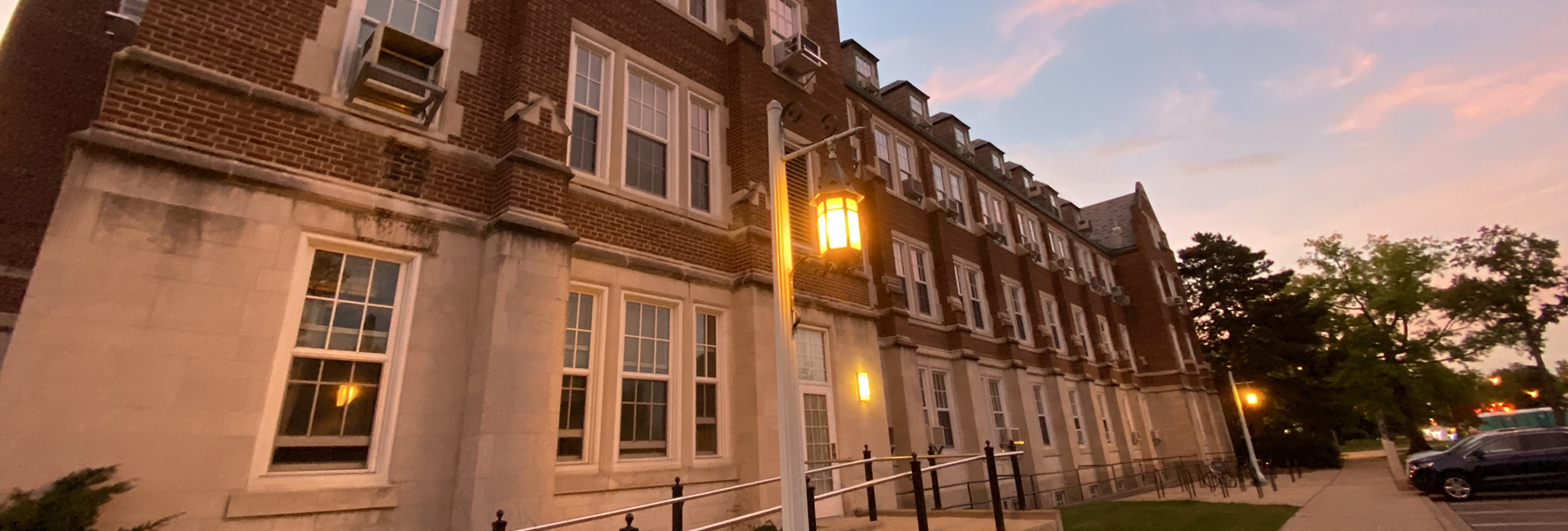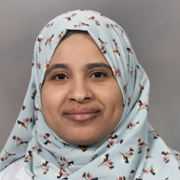MSU Drug Discovery Seminar - Sachi Horibata, PhD
Despite successful initial treatment, approximately 40% of acute myeloid leukemia (AML) patients develop drug resistance against combination chemotherapy (cytarabine plus anthracycline). Understanding the biology and the cause of chemoresistance to these drugs is important, as they have been considered the standard-of-care treatment since the 1970s. While new drugs have been developed, most do not greatly improve overall patient survival. Thus, it is crucial to understand why AML develops resistance to cytotoxic chemotherapy drugs and why it is difficult to target AML with new drugs. In this study, through transcriptomic analysis of 154 cases of de novo AML, we found that AML is a highly heterogeneous disease. However, we identified three chemorefractory patient sub- groups with distinct expression profiles that could be specifically targeted. These refractory subpopulations have unique expression patterns affecting their cell cycle, transcription, translation, metabolism, and/or stem cell properties. Furthermore, ex vivo drug sensitivity to 122 small-molecule inhibitors revealed effective group-specific targeting of pathways among these three refractory subgroups. Our results show that it may be possible to tailor specific treatment regimens for each individual patient in order to achieve improved response to chemotherapy.
Date: Friday, March 18
Time: 09:00
Location B448 Life Science & Zoom
Zoom: https://msu.zoom.us/j/99829704233
Passcode: 839433


